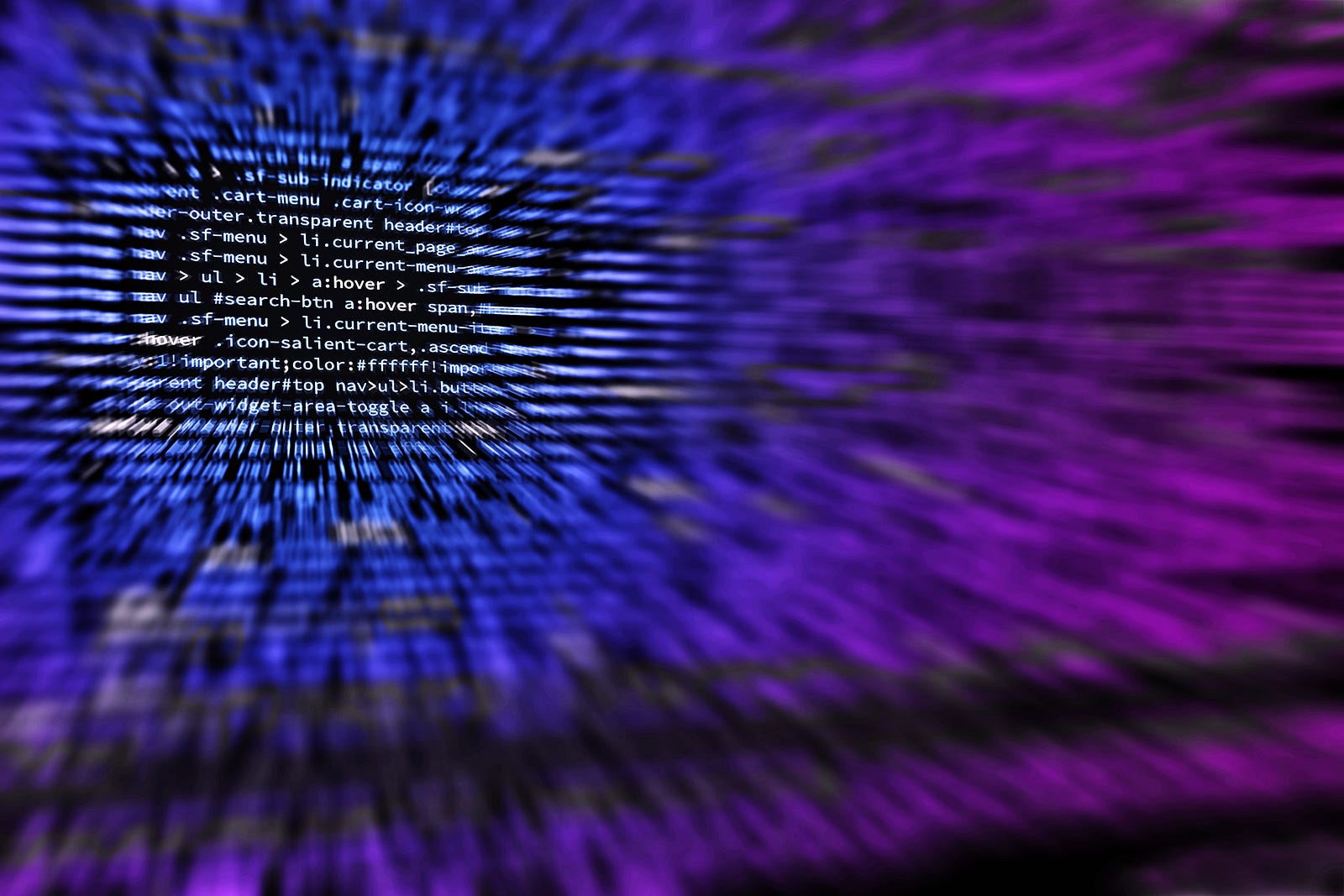Escape from Big Tech: Internet 3.0
Escape from Big Tech: Internet 3.0
The Internet has been a cesspool of nastiness and idiocy since the days of dialup. From the casual cruelties of early chatrooms and indecencies and irreverence of electronic message boards to the ginned up outrage, angry mobs of trolls, broadband porn and shock and snark sites of today, online culture is tolerated as an unfortunate side effect of radical free speech, unfiltered by censors or gatekeepers. Shielded by glass and empowered by avatars, our collective id surges forth as obsession, aggression, delusion, fatuity, and deviance.


Reading a comments section almost anywhere online leaves the impression that the Internet is populated by teenagers. And it is, in a sense. The psychological architecture of the Internet causes regression to infantile narcissism on a mass scale. Algorithms flatter our taste and inflate a grandiose sense of self-importance. Our minds are seduced by the pleasures of seeing without being seen; being seen without knowing by whom exactly; by being in touch but out of reach; by ripples of applause and silence from familiar crowds that like™ us; by a gluttony of content that satisfies every craving and appetite; by a googol of information stripped of knowledge to validate any belief system. We are entranced by the reflections of ourselves in flickering lights backed by overwhelming computing force.
The Internet is no toolbox and apps are no mere tools like screwdrivers and hacksaws. No toolbox ever dominated the human psych as totally as the Internet. Phone zombies stagger down city streets and crash cars clumsily, neglecting even their own offspring. Singles swipe for love until their fingers bleed and they blind themselves to the beauty right in front them. The Internet poisons the mind of its users. It doesn’t have to be this way.
Like everyone, I’d succumbed without giving it much thought. A friend gets high off the latest greatest app/site/device and pushes it on me. Experimentation is always so tantalizingly easy. All you could want for free or 1-Click™ to build that habit and sustained by the systematic violation or evasion of the rules of copyright, employment, competition, and anti-discrimination. Once they have you then begins surveillance of your every digital move followed by A/B-tested behavioral modification to inculcate patterns that profit their business model.
Tug at the utopian veil shrouding Big Tech and it reveals information empires built by men-children. The great crime behind their fortunes is the human cost of online culture. They own the Internet. Its design and operation serves them. The toxicity of the Internet is the toxicity of Facebook’s Internet, of Google’s Internet. There can be a better Internet.
A couple principles should guide us as we escape from Big Tech and make our way to the Internet 3.0.
· First, Internet pluralism. User traffic and data are key commodities in the digital economy which are a source of user power when deployed strategically. Redirecting data and traffic away from Big Tech undermines their monopolies, creates openings for diverse competitors, and limits the reach of surveillance. Worthy alternatives exist for many of Big Tech’s services. Patronize them.
· Second, pay for say. Someone always pays and whoever pays has the say. In the ad-supported business model of Facebook and Google, advertisers pay them to package user attention into a commodity, no matter how harmful the methods for generating that attention. As paying subscribers or members, however, users have the say and can demand corporate social responsibility.
· Third, find your Internet. Big Tech’s Internet is a mass Internet. They onboarded vast swaths of online life to feed their digital advertising machines. Users followed their friends onto crowded platforms and sought out their network and niche within them. But those platforms aren’t for them; they were built for everyone. A better Internet, a smaller and more cohesive Internet governed by human values is out there waiting for us. There on Internet 3.0 perhaps the original promise of the Internet as a space for radical freedom, possibility, and connection will become a reality.
